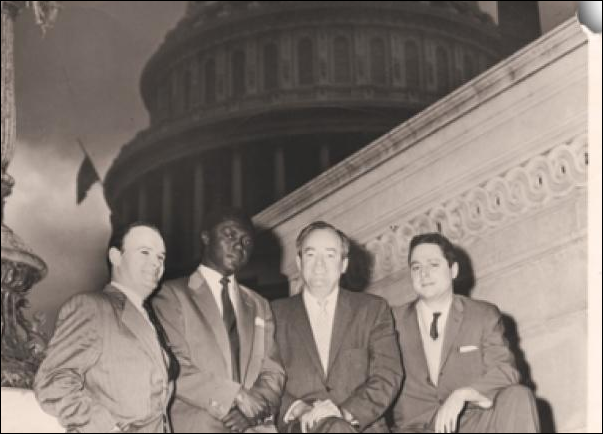×
The Standard e-Paper
Home To Bold Columnists

At Tom Mboya’s home in Rusinga, his mausoleum stands out but what strikes you is the tombstone belonging to William Scheinman.
Born in a rich Jewish family in New York in 1927, Scheinman later befriended Mboya and his family and helped him with the airlifts of students from East and Central Africa.